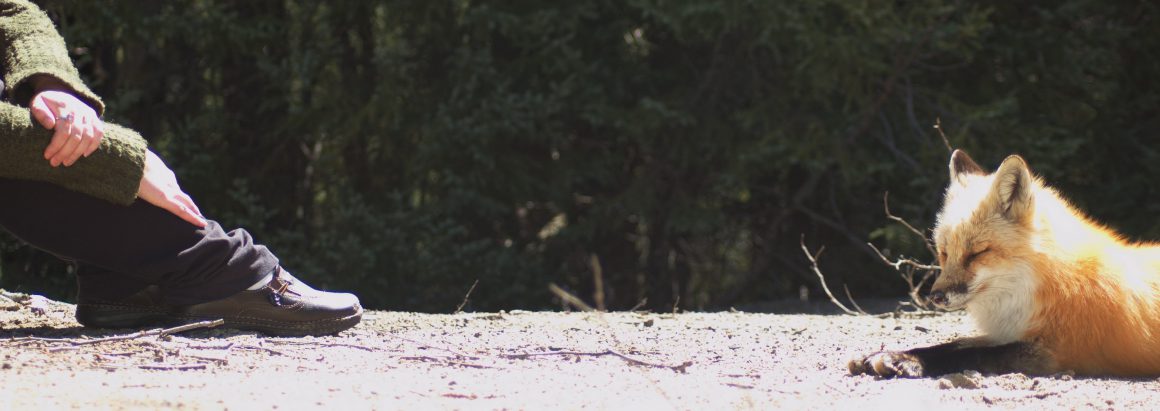With mental health issues becoming more and more common and concerning, how the mind functions requires our fullest attention.
Just as your heart beats without you and your lungs pull air on their own, though you can take control of your breathing as you wish, your brain is always producing thought whether you are consciously thinking or not.
Your dreams don’t feel like you thought them up because you didn’t — your brain was thinking on its own. Your brain is a shark, swimming for a living; in sensory deprivation the brain quickly creates hallucinations in order to continue to experience stimulation where none exists. Your brain is always thinking in the background, even if you cannot perceive those thoughts.
What your brain thinks all on its own is undoubtedly crucial to understanding one’s mental health. But how do we learn to hear our brain’s automatic thoughts, or at least shift them in the right direction?
Dysautonomia, a physical condition affecting the things your body is supposed to do on its own, such as breathing, digesting, and maintaining blood pressure, has been found to be linked to several mental health conditions, such as autism and ADHD. I myself happen to have dysautonomia and ADHD with suspected autism. It occurs to me that perhaps some symptoms of mental health problems are in fact a kind of dysautonomia of the mind. When you are depressed or anxious, your brain appears to be producing negative thoughts on its own, without being caused by outside circumstances. Could this model of thought and mental health be the key to finding new modalities of healing? I think it’s worth looking into.


